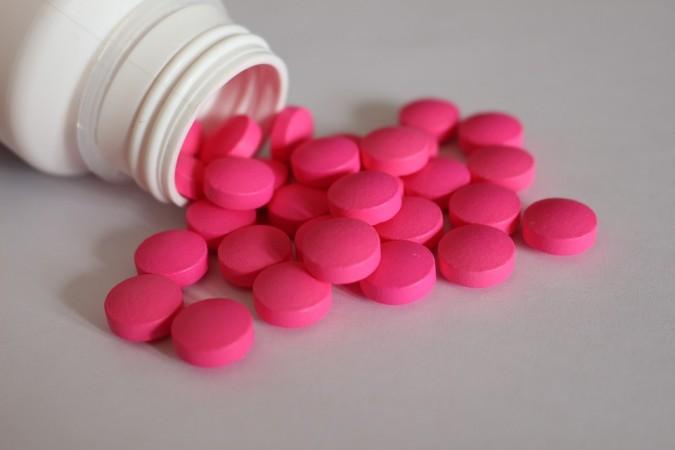
The otherwise booming Indian generic medicine market has faced headwinds from several directions in recent times, especially with the rise of Brazil, Mexico and China in the field.
However, it may be in for some welcome respite, with a Chinese black comedy apparently triggering a debate in the neighbouring country about importing cheaper drugs from India.
The film, which shows a Chinese man selling medicine from India in his home country, seems to have sparked a debate in China.
![A new Chinese movie has shed light on expensive medicines in China [ Representational Image] medicines](https://data1.ibtimes.co.in/en/full/601955/date-expired-medicines.jpg?w=616&h=449&l=50&t=40)
People in the country are now actually calling for more import of generic drugs from India, especially those that help battle cancer, according to a report in Global Times, which works under the aegis of the state-run People's Daily.
Based on a true story
The film, named Dying to Survive and directed by reputed filmmakers Ning Hao and Xu Zheng, is "based on the true story of Lu Yong, a leukaemia patient," according to the Global Times report.
Lu "imports and sells less expensive generic anti-cancer drugs from India for chronic myeloid leukemia (CML) patients on the Chinese mainland who can't afford the exorbitant cost of the drug Glivec, which is produced by Swiss pharmaceutical giant Novartis," said the report.
So what's the catch here? The Novartis drug sells for 20,000 yuan for a monthly dose, while Lu sold his medicine for 100 times less: 200 yuan or around $30 or Rs 2,070 for a monthly dose.
And China is a country where 4.3 million are diagnosed with cancer every year.
Patent conundrum, insurance muddle and local quality
The cost and the diagnoses are just two of the reasons why calls for anti-cancer medicine to be imported from India to China are rising. For one, Chinese generics in the field are considered inferior, according to the Global Times report.
It also said that Chinese patent laws do not allow easy production of generics. As a result, many medicines made by Western companies need to be imported into China, leading to higher costs.
Indian intellectual property laws, however, are a little different, in that they allow a generic to be manufactured if there are a few changes in the original formula. Thus, Indian generics can be cheaper.
What's more, the more expensive Western medicines are often not covered by Chinese insurance policies. Since hefty payments are not an issue with Indian generics, calls have grown for their import.
The Global Times report quoted Tian Guangqiang, assistant research fellow at the National Institute of International Strategy at the Chinese Academy of Social Sciences, as saying: "All of these factors have forced Chinese patients to turn to illegal agencies to obtain cheap Indian drugs, and the quality and safety cannot be guaranteed as they are not inspected or authorised by the Chinese government."
Illegal trade vs legal imports
The Global Times report talked of some vendors who illegally import Indian generic drugs into China and sell them for a premium.
It said people who do such business can easily be found on the social media platform Baidu – the Chinese equivalent to Twitter.
It also observed, quoting experts: "China should increase Indian generic drug imports, strengthen cooperation with Indian pharmacies in developing generic drugs while increasing investment in developing new drugs."














